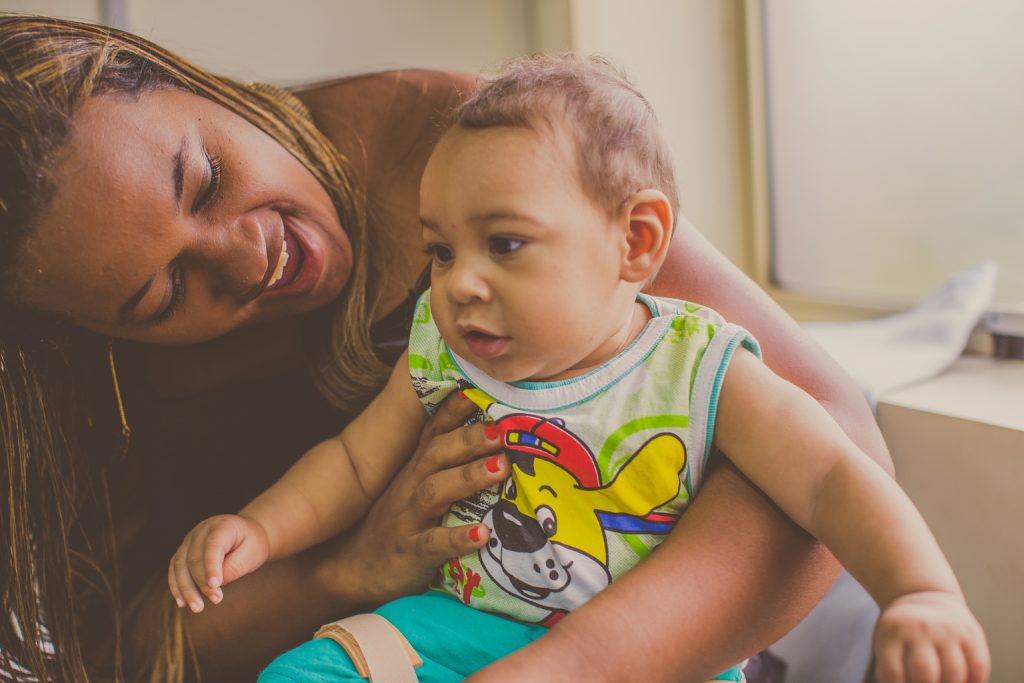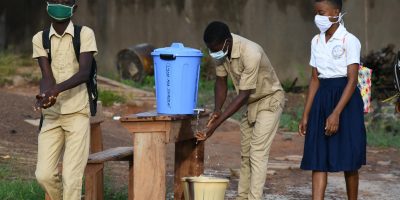Epidemics and pandemics expose existing health inequities and all too often intensify them. Patterns of morbidity and mortality may disproportionately affect vulnerable groups such as residents of informal settlements, homeless people, indigenous communities and the elderly, as well as intensifying care burdens – particularly for women – in households unable to access public provision or to afford paid care. The COVID-19 pandemic is no different.
The economic consequences can include recessions that devastate the livelihoods of people in informal and/or precarious employment, leading to increased morbidity and mortality from other health conditions. But epidemics and pandemics can also generate community-level collective action and political momentum for reforms – whether in access to sanitation, primary health care provision or social protection – that can reduce health inequities over the longer term.
What can we learn from Brazil?
Brazil has attracted widespread praise in recent years for achieving rapid progress towards Universal Health Coverage and significant reductions in health inequalities (pdf). IDS has worked with Brazilian partners including Cebrap, Fiocruz, and the Federal University of Pernambuco to understand how this has been achieved, and how the country’s health system has responded to recent infectious disease outbreaks such as the recent Zika virus epidemic.
In a webinar livestreamed on 18 March we brought together some of the country’s leading researchers to reflect on lessons for the response to COVID-19 in Brazil and beyond. The lessons drew on insights from projects such as Unequal Voices and Care Ethnographies, in which we and our partners have brought together a wide variety of social science approaches and perspectives on the dynamics of epidemic response and the reduction of health inequalities.
- From ethnographic work in the remote territories of the Northwest Amazon and in the peri-urban neighbourhoods of Northeast Brazil, we have learned how indigenous people and low-income women have mobilised in response to epidemics of malaria and Zika virus to demand accountability and secure improvements in services.
- From a longitudinal study of the dynamics of health system reform in São Paulo, we have learned how social, political and managerial accountability relations have combined to produce a significant improvement in primary care provision for informal settlements and peri-urban areas. The interactions between participatory health councils, party-political competition and innovative contracting arrangements for public-private partnerships have helped to drive an overall reduction in health inequalities for South America’s largest metropolis.
- From a national-level comparison of the trajectories of change in health inequalities in Brazil and Mozambique, we have identified how factors such as decentralisation, participation and national ownership of health system reform shape the extent to which political promises of universal access to health services are translated into reality, and also the threat that austerity measures can pose to countries’ ability to maintain progress towards greater health equity and respond to shocks such as the COVID-19 pandemic.
Keeping the conversation going during COVID-19
The ‘Epidemics and Inequalities’ webinar brought together perspectives from anthropology, political science, economics and health systems research, combining insights from IDS (Isabele Bachtold), Cebrap (Vera Schattan Coelho), Fiocruz (Rômulo Paes de Sousa) and the health policy think-tank IEPS (Rudi Rocha). It was held in Portuguese, and included a high level of online interaction with participants via Zoom connections and a YouTube livestream. In this English-language video summary, IDS Director Melissa Leach and the members of the webinar panel reflect on key lessons for the COVID-19 response and the importance of drawing on social science research to inform this response.
In the webinar, the speakers highlighted the strengths on which Brazil’s health and social protection systems can draw in enabling responses to the COVID-19 pandemic that avoid worsening existing health inequities. These include the depth and breadth of the country’s community-based primary care network, the national coverage of cash transfer schemes such as Bolsa Família and the innovative institutional arrangements that have enabled state, civil society and private-sector actors to coordinate responses to previous epidemics.
However, the speakers also pointed out that these strengths have been undermined by several recent trends. Years of austerity have weakened the state’s ability to maintain an adequate social protection network and keep frontline services running. The intensity of political polarisation has undermined trust in government information and underpinned an attack on public service delivery, damaging the state’s ability to coordinate its response effectively with civil society and the private sector.
One consequence is an overemphasis on hospital care and a neglect of the crucial role that could be played in COVID-19 response by the primary care system. This includes this system’s potential for rebuilding trust in public information, given the two-way dialogue with communities that is enabled by its direct links with Brazil’s thousands of community health workers and citizen health councillors. Our previous research has shown that these links can be highly effective in strengthening accountability, but that they often need to be activated through bottom-up mobilisation by the poorest and most marginalised groups in order to secure effective policy responses to epidemics.
As health systems around the world struggle to respond to COVID-19 amidst declining trust in public authorities, with citizen-led self-help groups often taking the lead in ways that are undervalued or ignored by policymakers, we can all learn from Brazil’s experience of responding to grassroots social mobilisation by institutionalising dialogue and mutual accountability between citizens, service providers and system managers.
At the same time, when we emerge from this pandemic and start to prepare for the next one, we should also heed the warning from Brazil that a toxic combination of political polarisation and regressive austerity measures can rapidly undermine trust and damage the response capacity of health systems that may previously have had a proud track record of effective, coordinated action in even the poorest and most marginalised areas.
This blog originally appeared on the IDS website.





